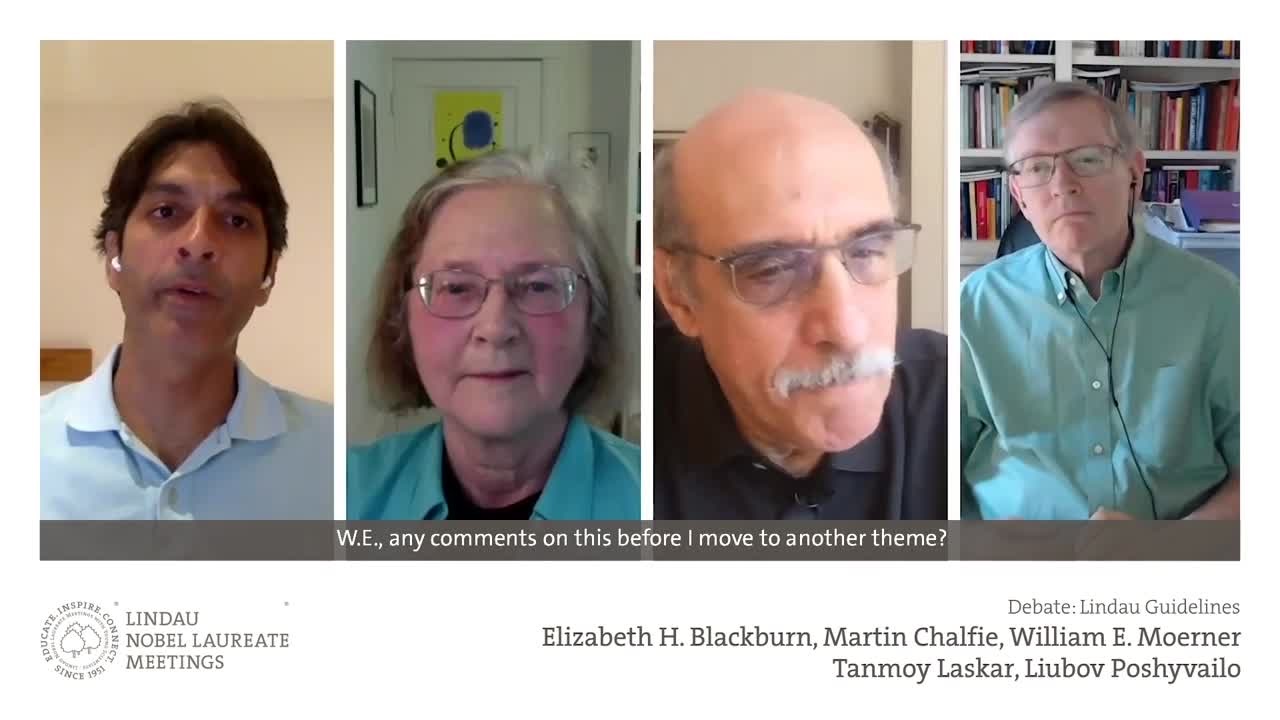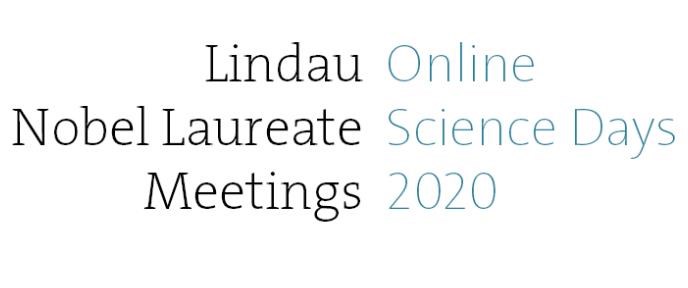Abstract
The Lindau Guidelines 2020 are based on an initiative first introduced by Elizabeth Blackburn during the 68th Lindau Nobel Laureate Meeting held in Lindau two years ago.
She called upon the 600 young scientists in the audience to develop and support a new approach for global, sustainable and cooperative open science. While it was formulated with basic research as its primary focus, its principles and goals can be applied to all types and disciplines of science.
This initiative was met with very positive feedback from the audience and was discussed widely during the remainder of the meeting. Based on this, Elizabeth Blackburn and the Lindau Nobel Laureate Meetings started to explore what such a project would encompass and how to bring it to fruition. As the Lindau Nobel Laureate Meetings focus on young scientists at all stages of academic training as well as early-career scientists, the idea emerged of developing helpful and practical guidelines for scientific research and conduct that will support global, sustainable and cooperative open science in the long-term.
The guidelines, while intended for all those engaged in scientific research, are especially important for those embarking on independent careers. Their goals are to inspire and foster exchange of information and to raise awareness about the impact of their research and the need for collaborative efforts to sustain public support for science. They also respond to the current emergence of distrust of science in significant parts of the public in many parts of the world. Furthermore, public opinion and scientific consensus increasingly diverge drastically, with probably very serious consequences for humankind.
The participants in this debate will discuss the goals formulated in the guidelines and in particular, how they can be applied practically.
Panellists:
- Elizabeth H. Blackburn, Professor Emeritus, University of California, San Francisco, Department of Biochemistry and Biophysics, USA
- Martin Chalfie, , Columbia University, Department of Biological Sciences, USA
- William E. Moerner, Stanford University, Department of Chemistry, USA
- Liubov Poshyvailo, Postdoctoral researcher, Forschungszentrum Jülich, Institute of Bio- and Geosciences: Agrosphere (IBG-3), Germany
- Laskar Tanmoy, Research Staff, University of Bath, Department of Physics, United Kingdom
Moderator: Karan Khemka, Director, Global Education Companies and Institutions, Singapore & United Kingdom


